In the ever-evolving world of internet culture, few platforms have had the kind of lasting impact that YTMND, or "You're The Man Now, Dog!" has had. What started as a simple website in 2001 quickly became a cornerstone of early meme culture, influencing how humor, satire, and creativity were expressed online. Although the platform has waned in popularity over the years, its legacy continues to be felt across the internet.
The Origins of YTMND
YTMND was created by Max Goldberg in 2001 as a tribute to a line spoken by Sean Connery in the film Finding Forrester: "You're the man now, dog!" The website was initially a single-page site featuring a tiled background image of Sean Connery, a looping sound clip of the line, and large, blocky text. This format, combining an image, text, and audio, would become the signature style of YTMND.
The simplicity of YTMND's format allowed users to easily create and share their own pages, leading to a flood of user-generated content. These pages, often humorous, bizarre, or satirical, became known as "YTMNDs." The site grew rapidly in popularity as it became a creative outlet for early internet users, who experimented with remixing pop culture references, creating original content, and participating in meme trends.
The Rise of Meme Culture
YTMND played a pivotal role in the development of meme culture. Long before the advent of social media platforms like Facebook, Twitter, or Instagram, YTMND provided a space for users to create and share viral content. The site's unique format allowed users to combine different media elements in a way that was both accessible and impactful. The result was a new form of internet humor that often relied on absurdity, repetition, and clever editing.
YTMND's influence can be seen in the way memes are created and shared today. The concept of remixing existing content to create something new—a hallmark of meme culture—was central to YTMND. Many of the site's most popular memes, such as "Epic Maneuver," "Picard Song," and "NEDM," spread far beyond the platform and became part of the broader internet lexicon.

